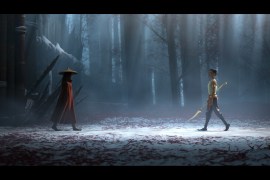25 best Australian movies ever
Thursday is Australia Day, so to pay tribute to our Antipodean chums we've picked out the best films from Down Under
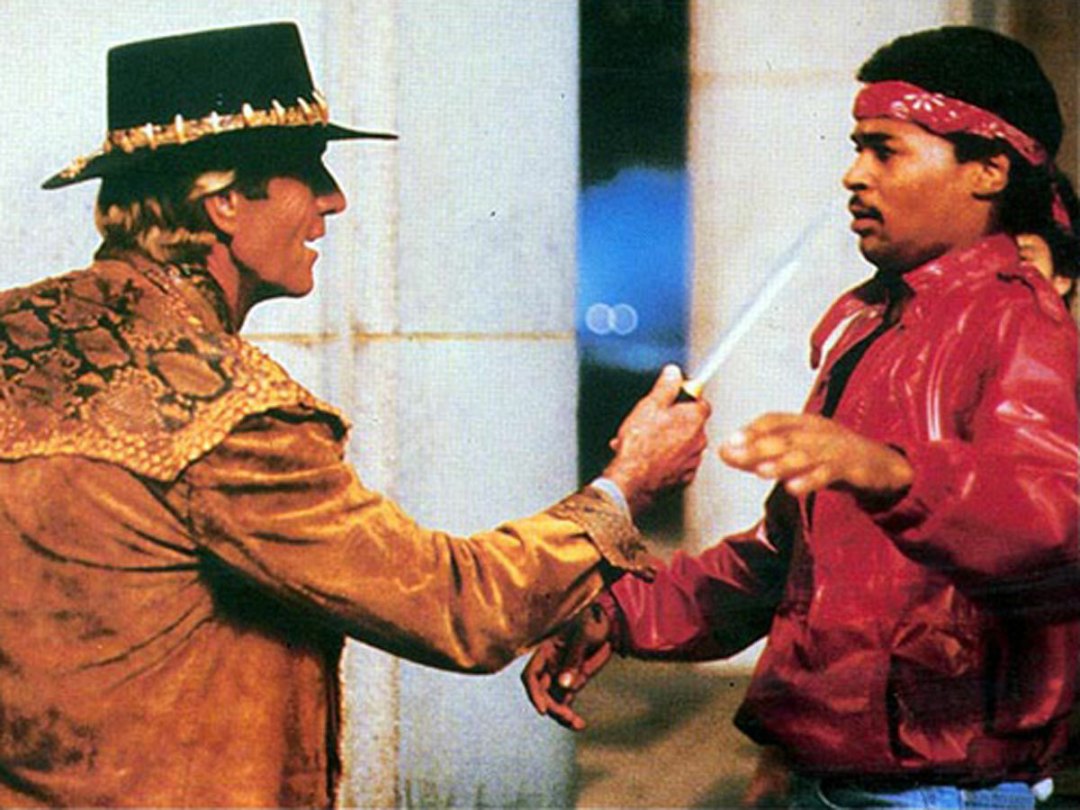
25 of the best Australian movies ever and not a can of Fosters in sight — bonza!
The Adventures of Priscilla, Queen of the Desert (1994)
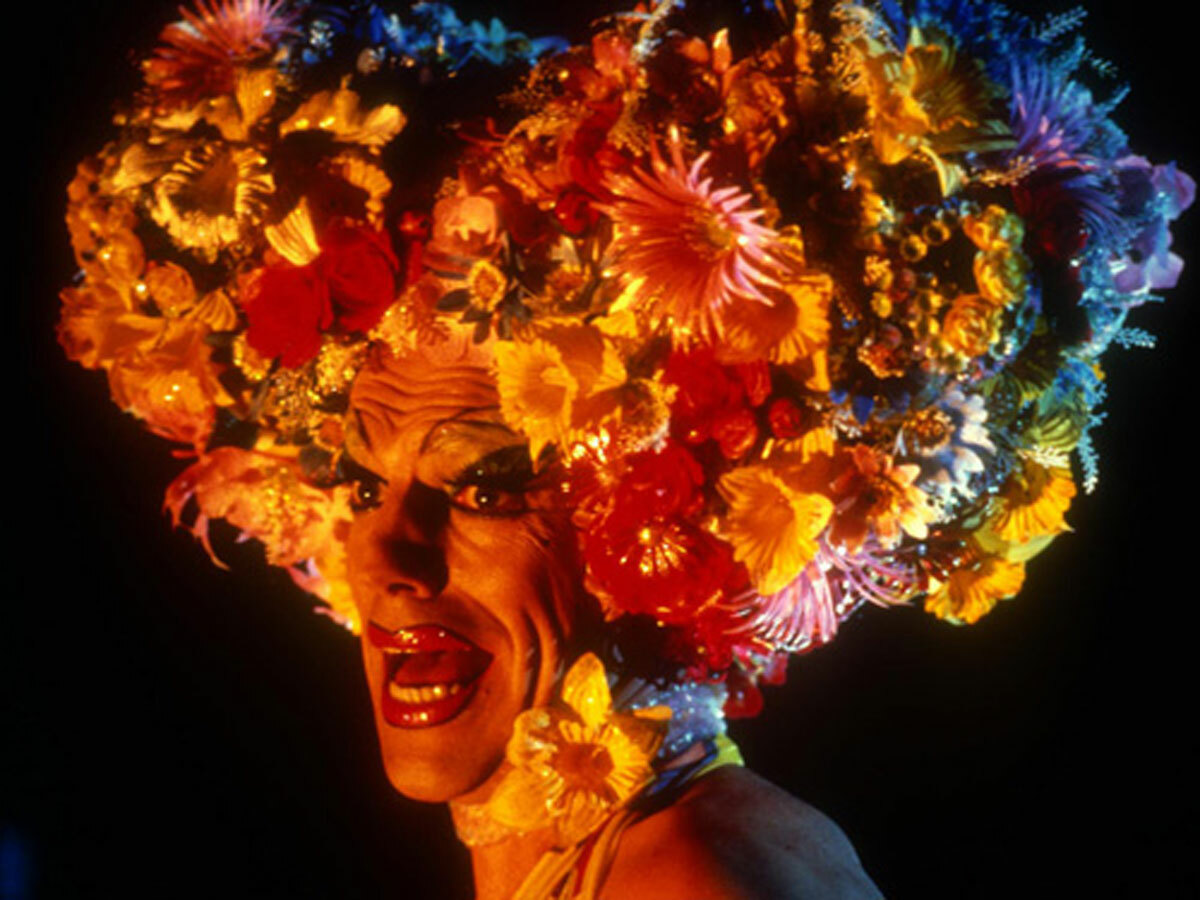
Agent Smith from The Matrix (Hugo Weaving), Mike from Neighbours (Guy Pearce) and Superman’s General Zod (Terence Stamp) dress up as women and drive a bus across Australia. Somehow this pitch slipped past a studio exec, and thank God it did – Priscilla, Queen of the Desert is all the things a road trip movie should be, delivered with a distinctly Australian tang. And in drag.
Mad Max (1979)
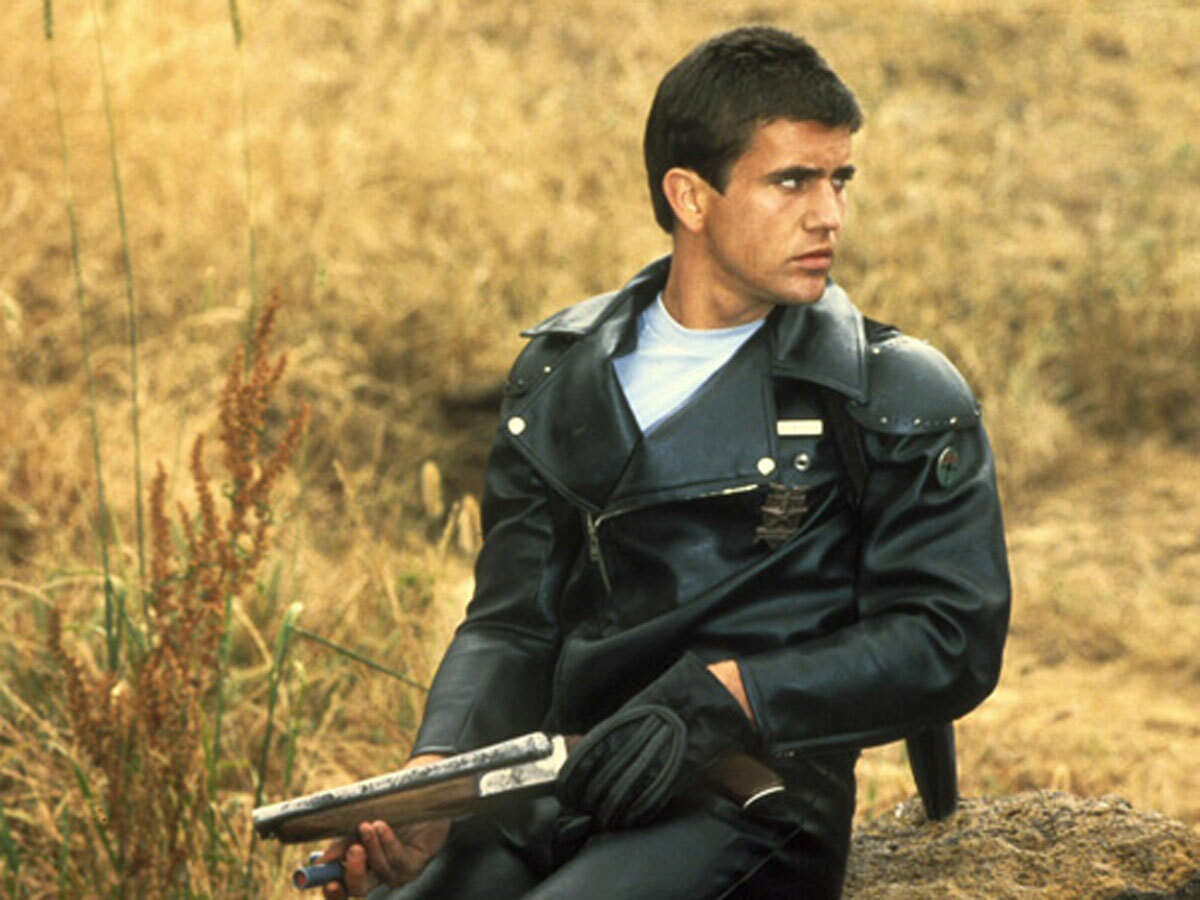
Say what you will about Mel Gibson, who launched his career with this definitive post-civilization film, Mad Max was – and still is – an awesome depiction of a dystopian Australian future. Murderous gangs run riot on its endless highways – a far cry from today’s Australia, where most city dwellers are scared to cross the street before the walk signal illuminates.
Rabbit-Proof Fence (2002)
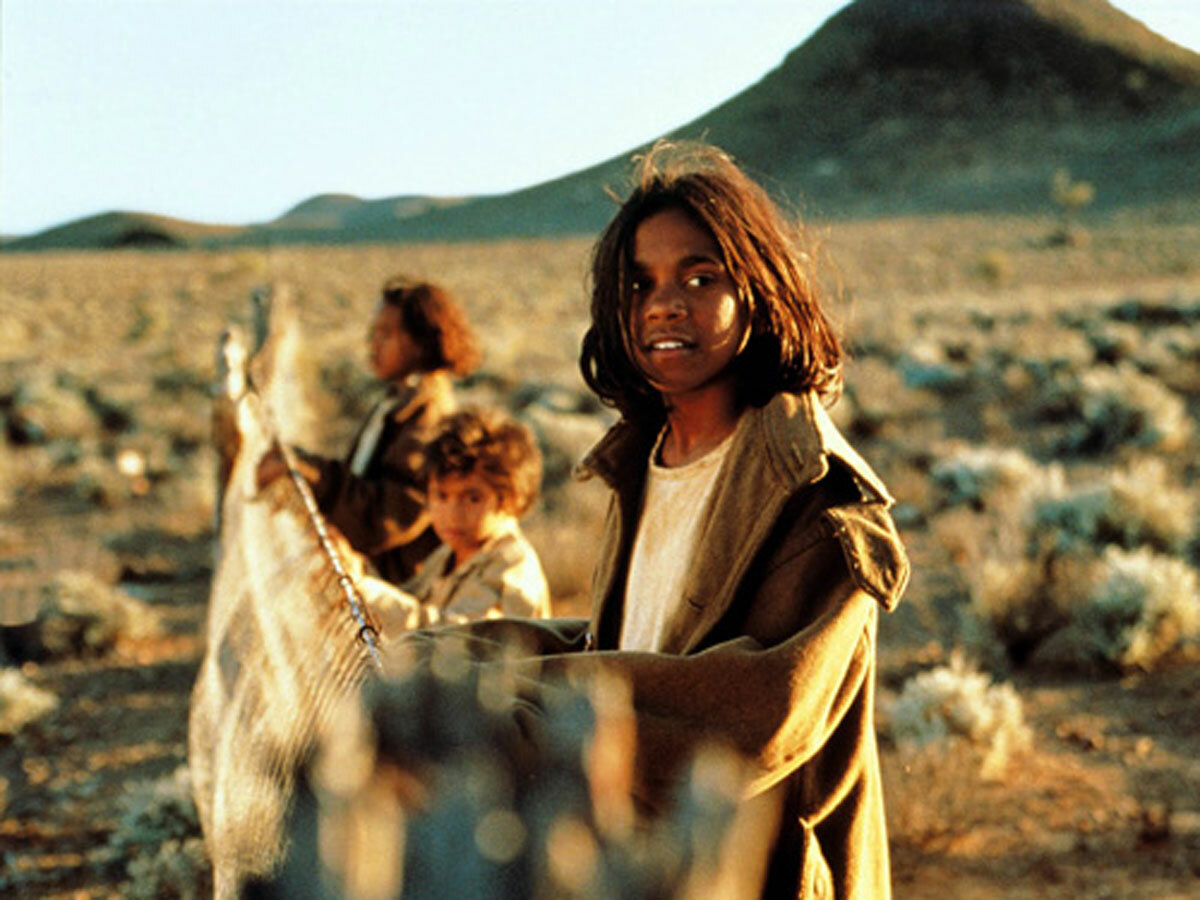
The “breeding-out” of Aboriginal mixed-race children (the Stolen Generation) was also tackled in Baz Luhrmann’s 2008 romantic Aussie Western, Australia – but with a lighter brush than that of Rabbit-Proof Fence director Phillip Noyce. His film recounts the true story of three kids who try to outwit the authorities on a 1500-mile journey back to their hometown. That’s like walking from London to Warsaw. Ouch.
Moulin Rouge! (2001)
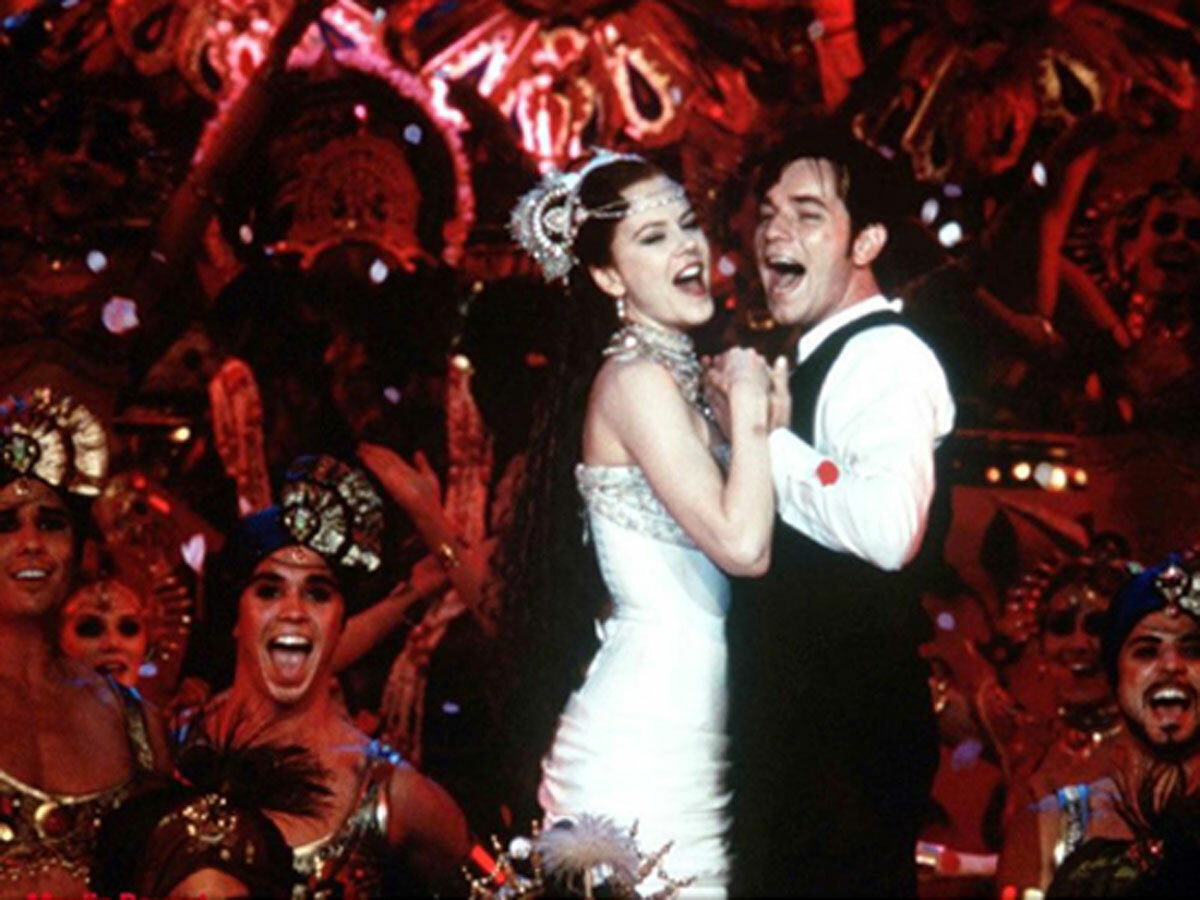
It’s the year 1899 and the Bohemian revolution is taking over Paris’ drug-fuelled, prostitute-infested underworld in this effort from Australia’s most colourful director, Baz Luhrmann. This is where you’ll find the seedy – but oh-so-glamorous – Moulin Rouge, home of the Can Can and other exotic dances performed by the ladies of the house.
As the saying goes, you should never fall in love with a stripper. But that’s exactly what happens to Christian (Ewan McGregor), who finds himself in caught a doomed love triangle with Satine (Nicole Kidman) and the Duke (Richard Roxburgh).
Wolf Creek (2005)
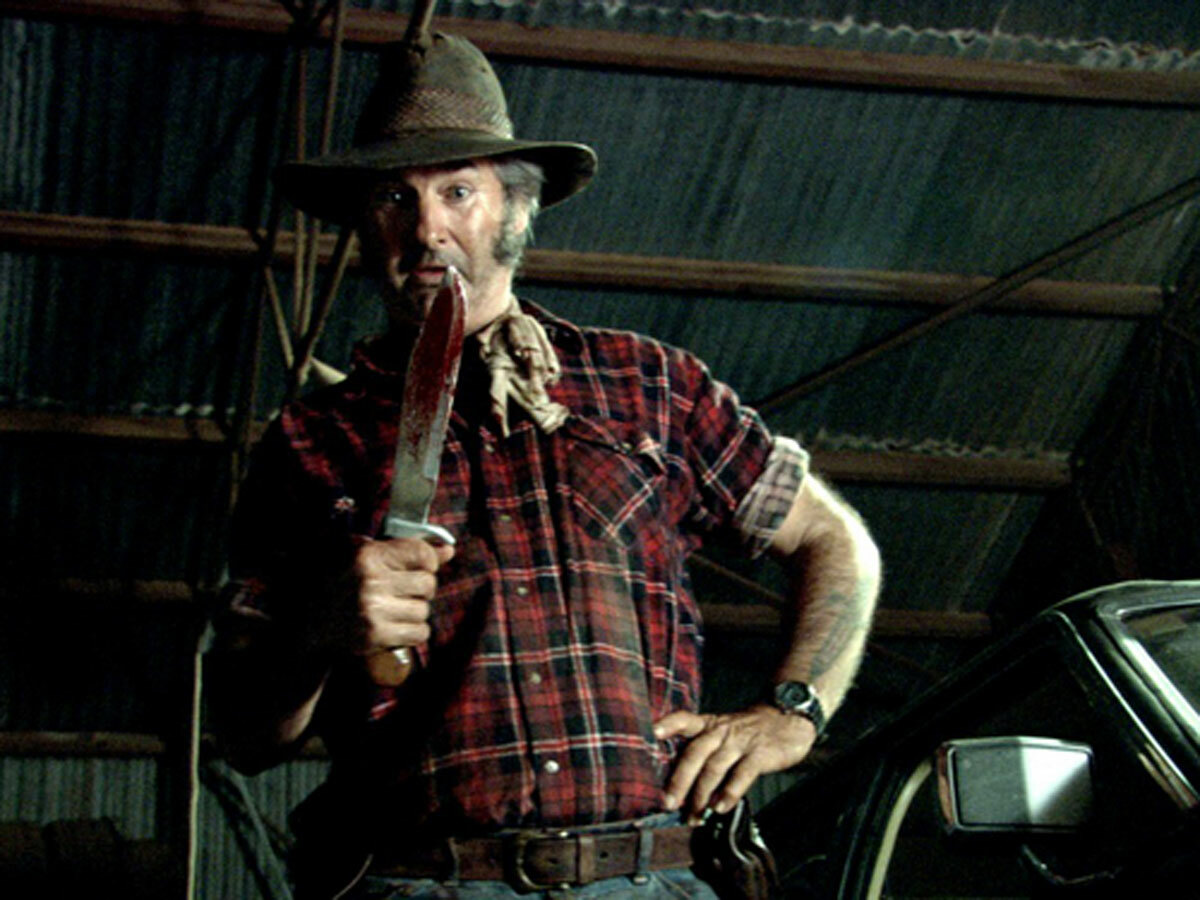
We all get a little irritated by tourists from time to time, but Crocodile Dundee-styled Mick Taylor takes it to the extreme. Supposedly based on true events, Wolf Creek is about a tourist-despising serial killer (John Jarret) with a hunger for backpackers in the Australian outback. His feigned kindness soon spirals into intoxicated captivity, gruesome murder and that infamous scene with the severed spine, or “head on a stick”. Grim.
Muriel’s Wedding (1994)
This Australian-French comedy-drama is about a socially awkward “ugly duckling” called Muriel (Toni Collette) – in case you didn’t get that from the title. She’s utterly obsessed with ABBA, is the target of ridicule from her so-called fashion-conscious friends, has a psychologically abusive father, but dreams of one day meeting the ideal man, having a glamorous wedding and drastically improving her mundane social life.
Moving to Sydney with her hedonistic pal, she soon discovers the harsh realities of the real world and the disappointments it can bring.
Crocodile Dundee (1986)
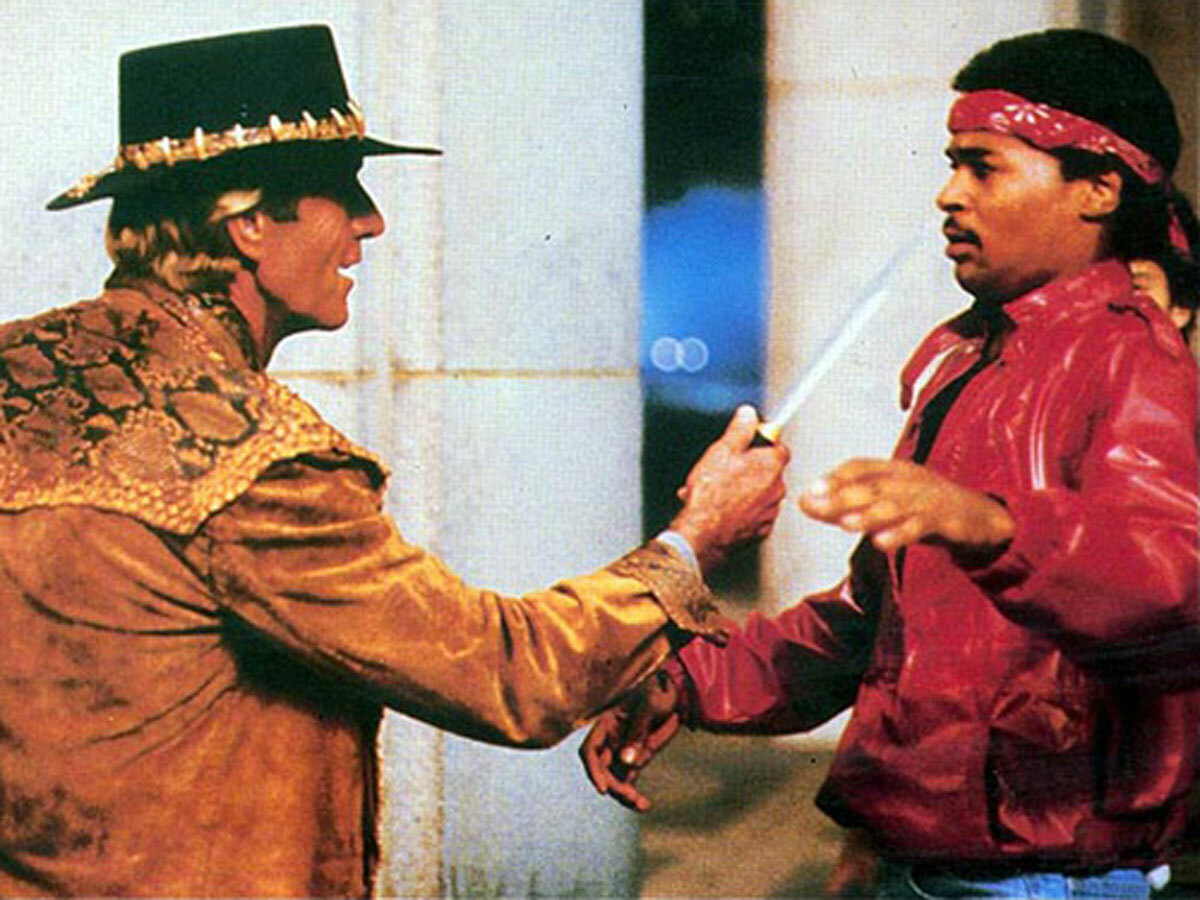
Paul “Hoges” Hogan is right up there with flavour-free beer and middle-class teen soap operas for Australia’s top exports. Crocodile Dundee was his big-screen hit, a rom-com about a stuck-up New York journalist (Linda Kozlowski) who – slightly predictably – falls in love with Hogan’s rough-living bushman, Mick Dundee, while on assignment in the Australian outback. She takes him back to the States with more-than-slightly-predicable results.
A dated dose of nostalgic charm for children of the ‘80s that spawned the immortal “that’s not a knife” line.
Dark City (1998)
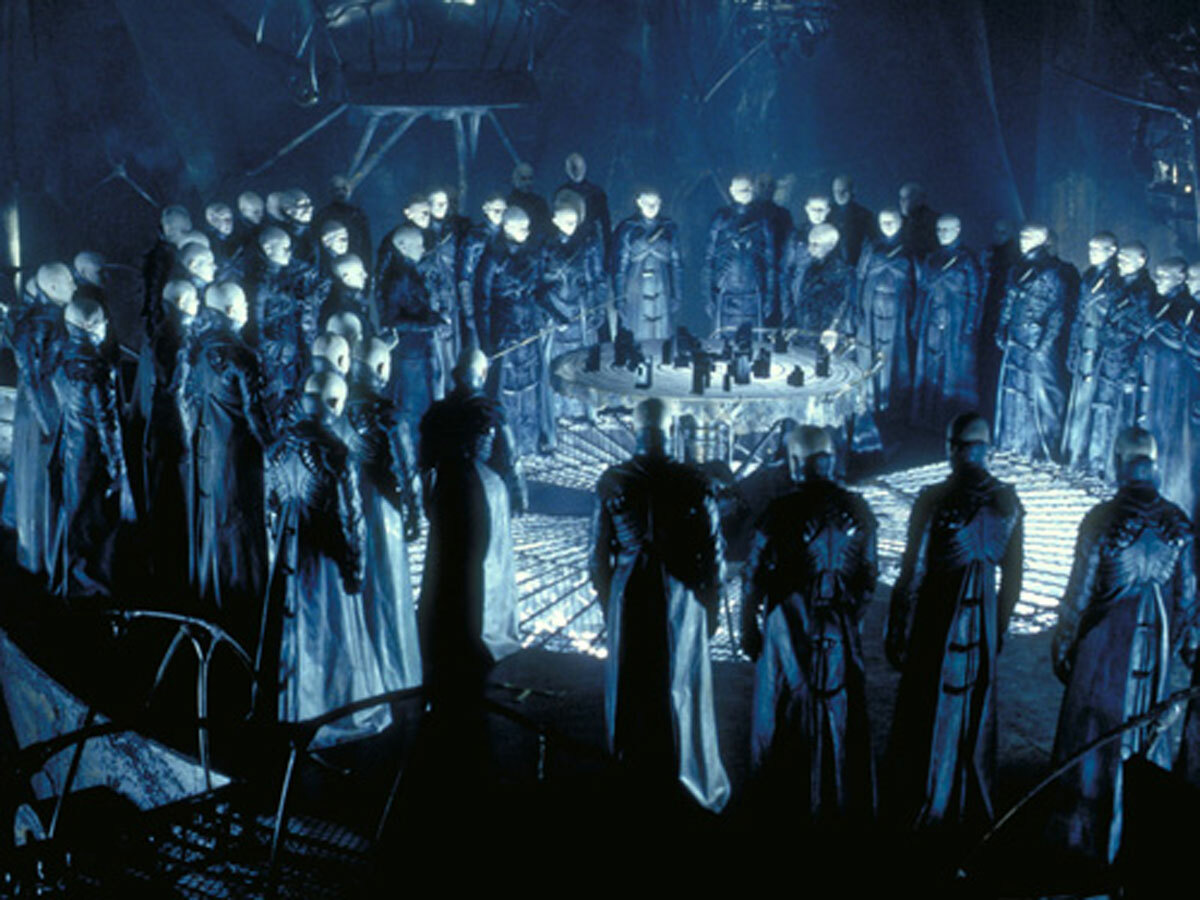
Rufus Sewell stars as an amnesiac who struggles to uncover the mystery of his past – and the secrets of the oppressive city that he lives in – in this cerebral sci-fi flick.
There’s some debate as to whether this neo-noir fantasy qualifies as an Australian film, since it was part-funded by a Hollywood studio. Still, it was shot in Australia (on some of the same sets as fellow mind-bending film The Matrix, fact fans) and Aussie director Alex Proyas certainly stamped his distinctively dark mark on the film, paying homage to film noir and the classics of silent film along the way.
If you get a chance, watch the Director’s Cut – it dispenses with the plot-spoiling opening narration for the hard-of-thinking.
Dead Calm (1989)
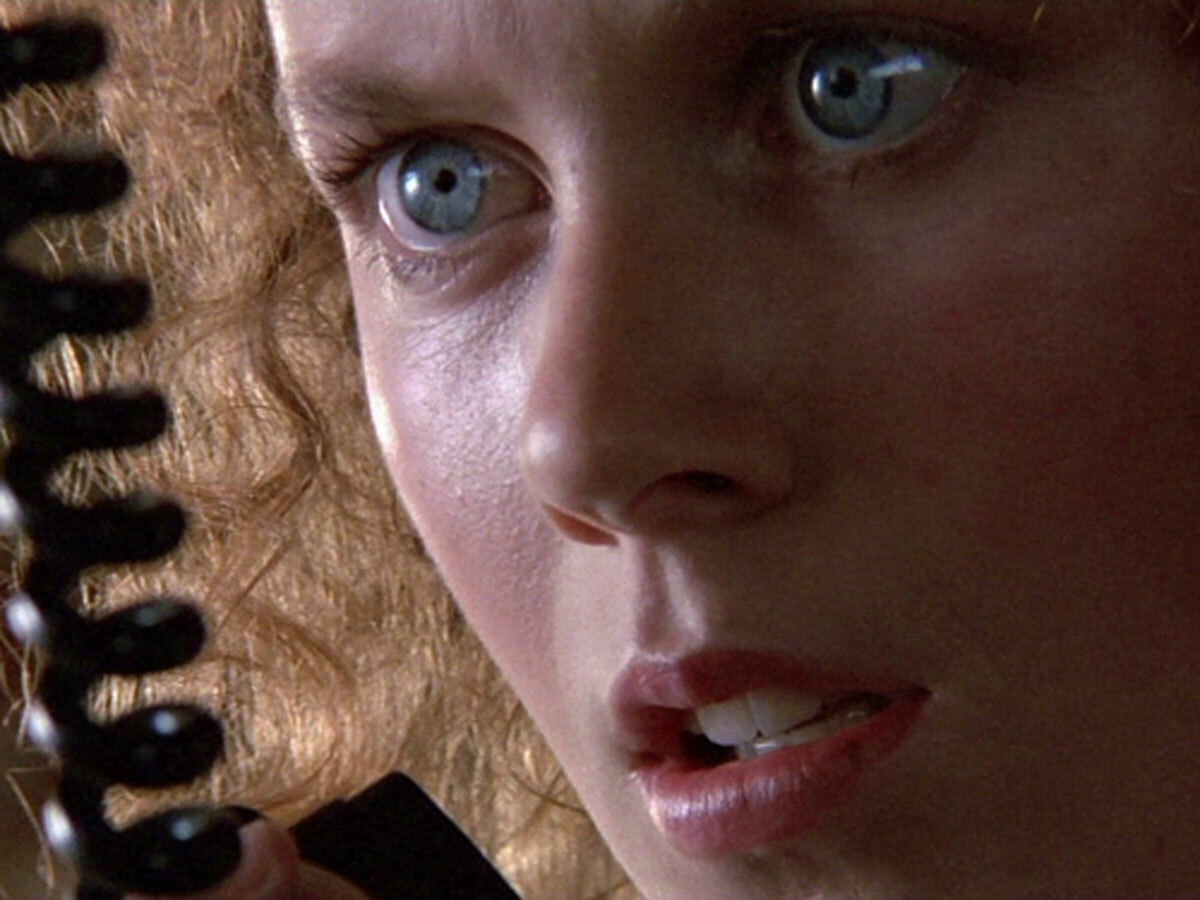
What’s worse: sitting on your tod on a sinking boat (Sam Neill) or being stuck on a boat (Nicole Kidman) with a murderous nutter (Billy Zane) as you sail away from your husband, who’s sitting on his tod on a sinking boat? Either way, tensions run high off the Great Barrier Reef in Phillip Noyce’s Class A Aussie thriller.
Romper Stomper (1992)
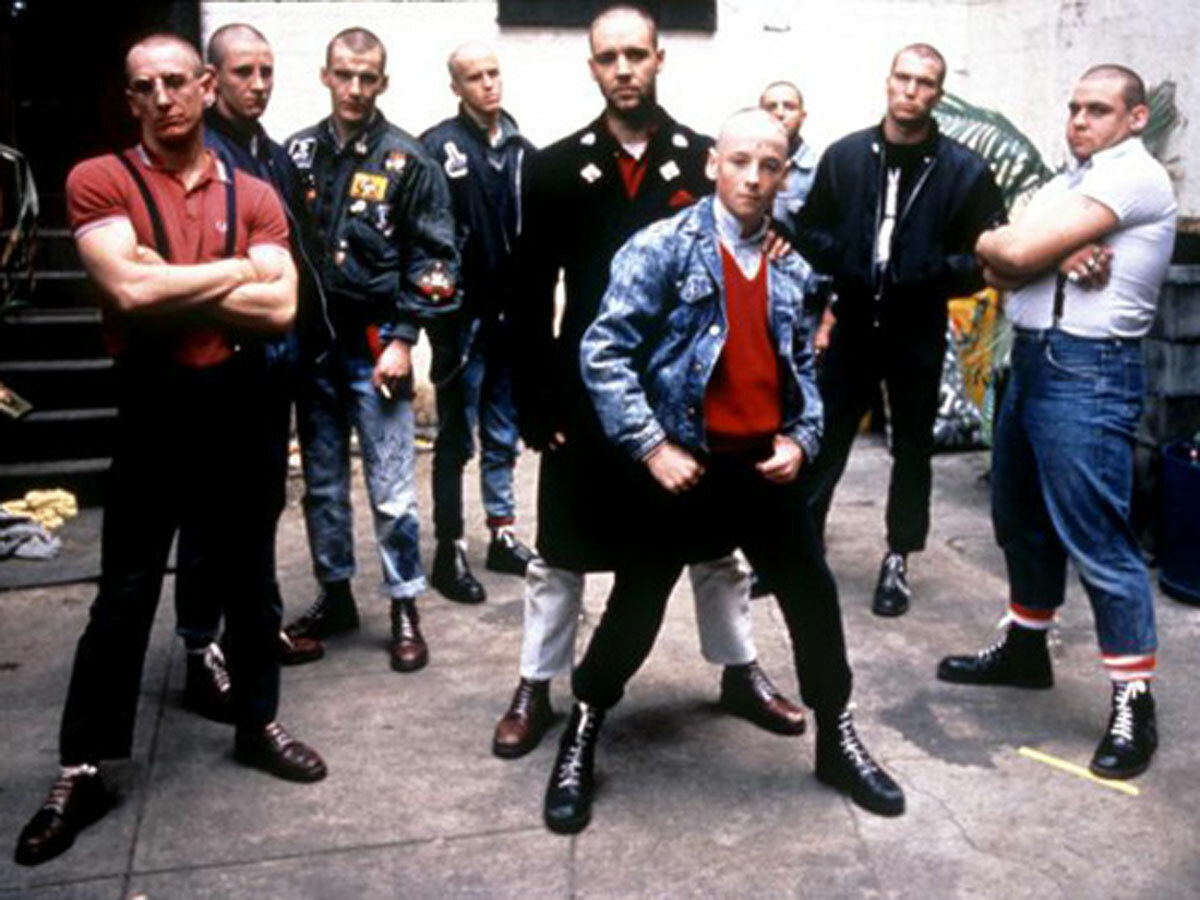
Drinking, fighting, sex, racism, drugs, burglary, guns… no wonder Romper Stomper was advertised with the tagline “Mad Max eat your heart out” on its release in 1992. A fine depiction of Australia’s underworld ethnic war, with an early performance from phone-flinger Russell Crowe at its heart.
Strictly Ballroom (1992)
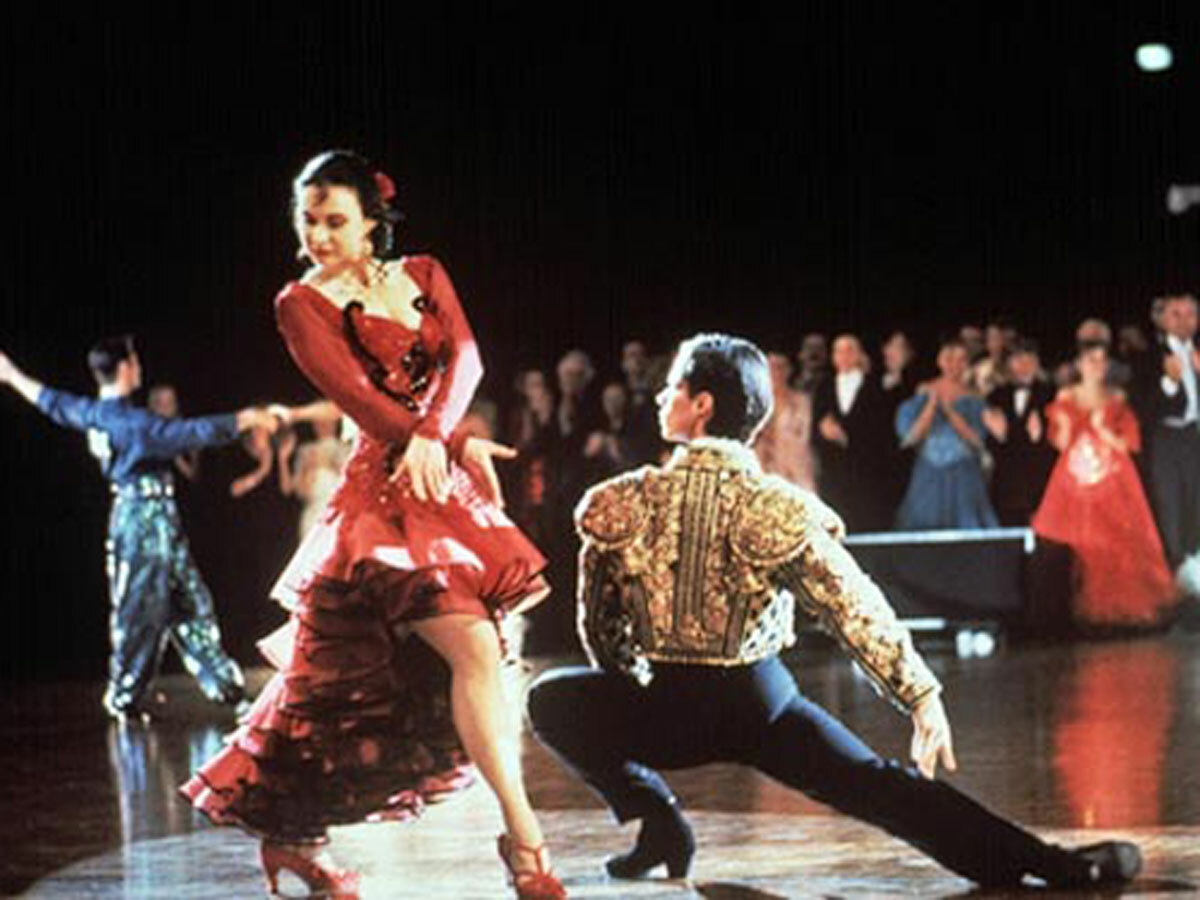
The lesser known first installment of Baz Luhrmann’s Red Curtain Trilogy – stick with us – Strictly Ballroom is so bad it truly is an incredible piece of cinema. Full of garish ballroom dancing costumes, manic/ lonely middle aged has-beens and a clichéd Spanish family, like the Pan-Pacific Grand Prix it needs no new steps. Warning – contains a Cyndi Lauper montage and characters with names like Tina Sparkle.
Chopper (2000)
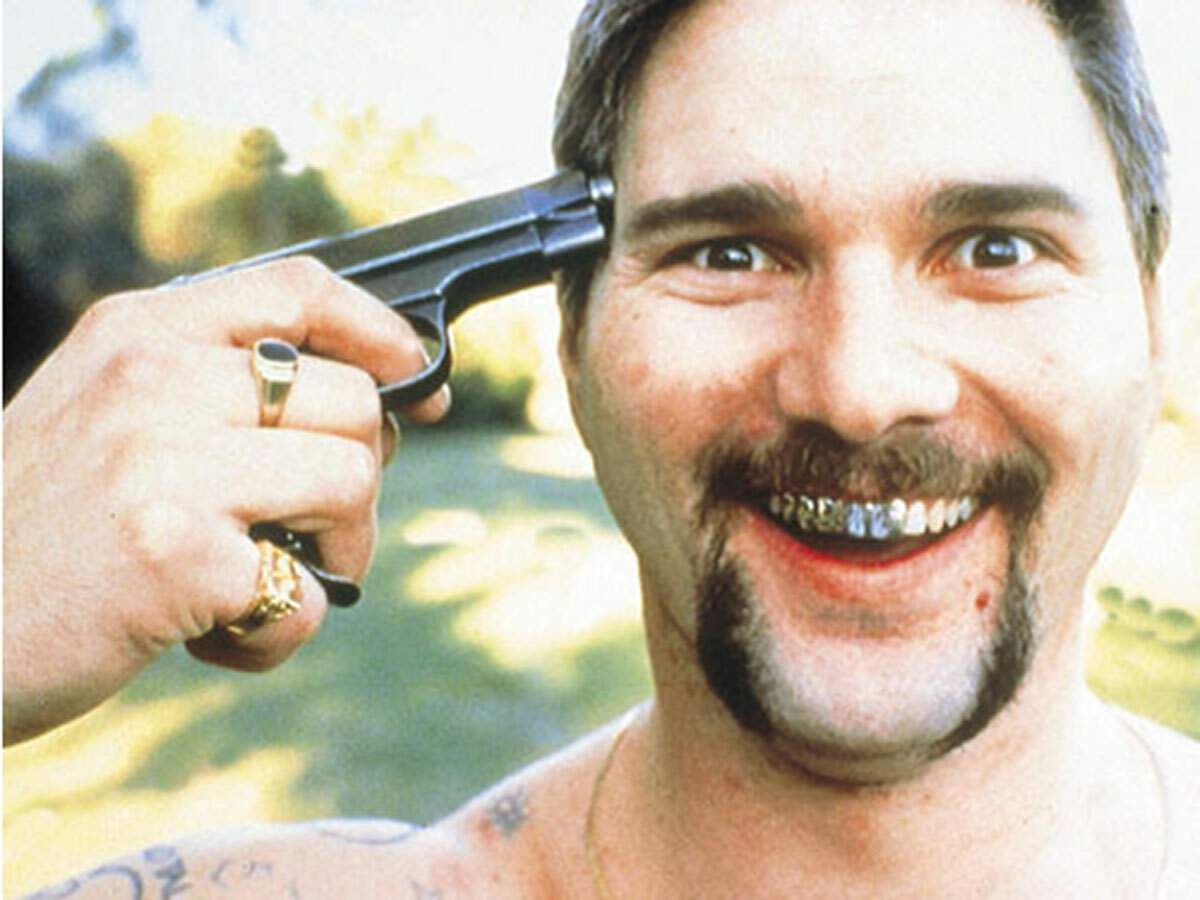
It takes a big man to step into cult criminal author Mark Brandon Read’s shoes – the guy had both his ears cut off to get out of a maximum security prison, for heaven’s sake. But Eric Bana does it beautifully in Chopper, set in a thoroughly dodgy and drug-filled late 80s and early 90s Melbourne.
Gallipoli (1981)
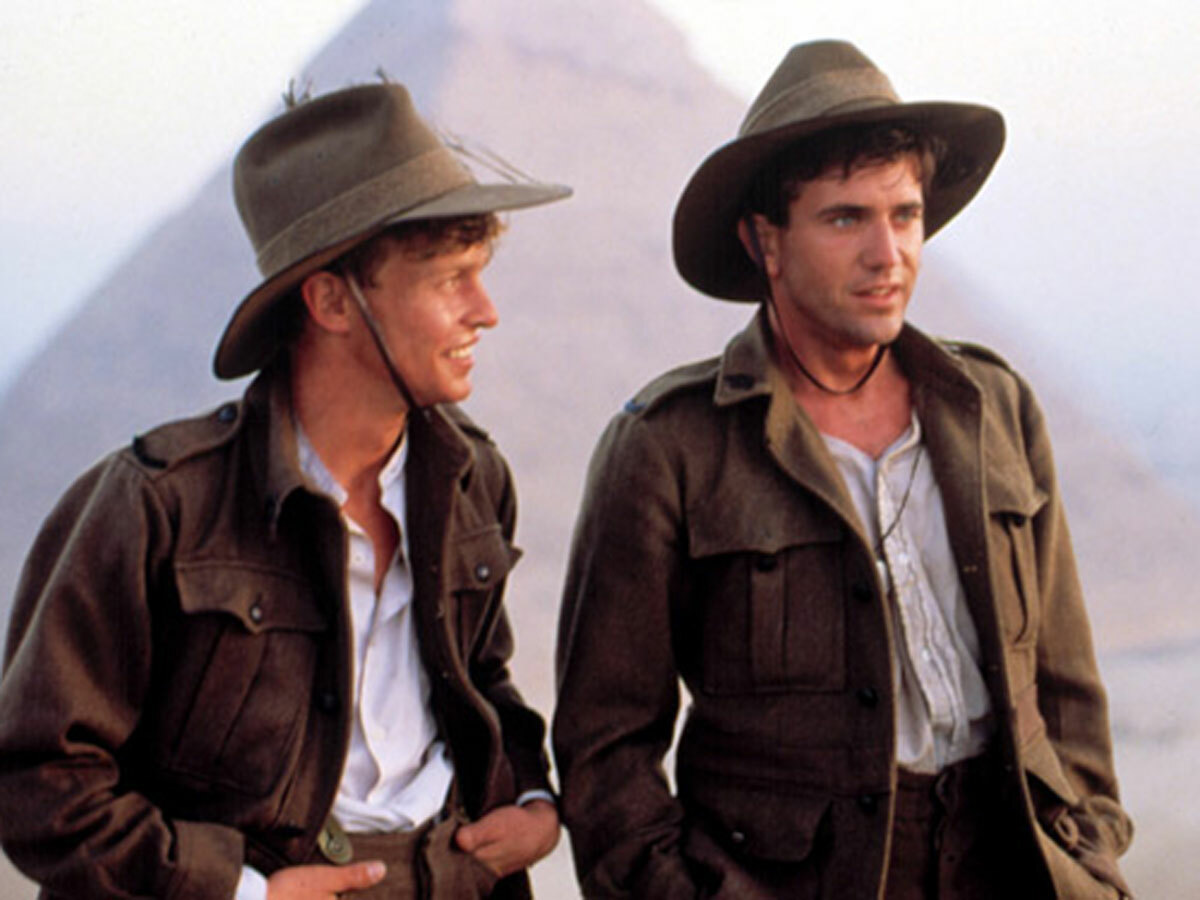
Listed as one of GQ’s ‘50 films that make men cry’, Gallipoli kicks off in 1910s Australia and only varies slightly from the historical script as it follows a group of Western Australian men onto the Turkish battlefields of the First World War. Mel Gibson and Mark Lee play Frank Dunne and Archy Hamilton, losing their boyish enthusiasm for war.
Animal Kingdom (2010)
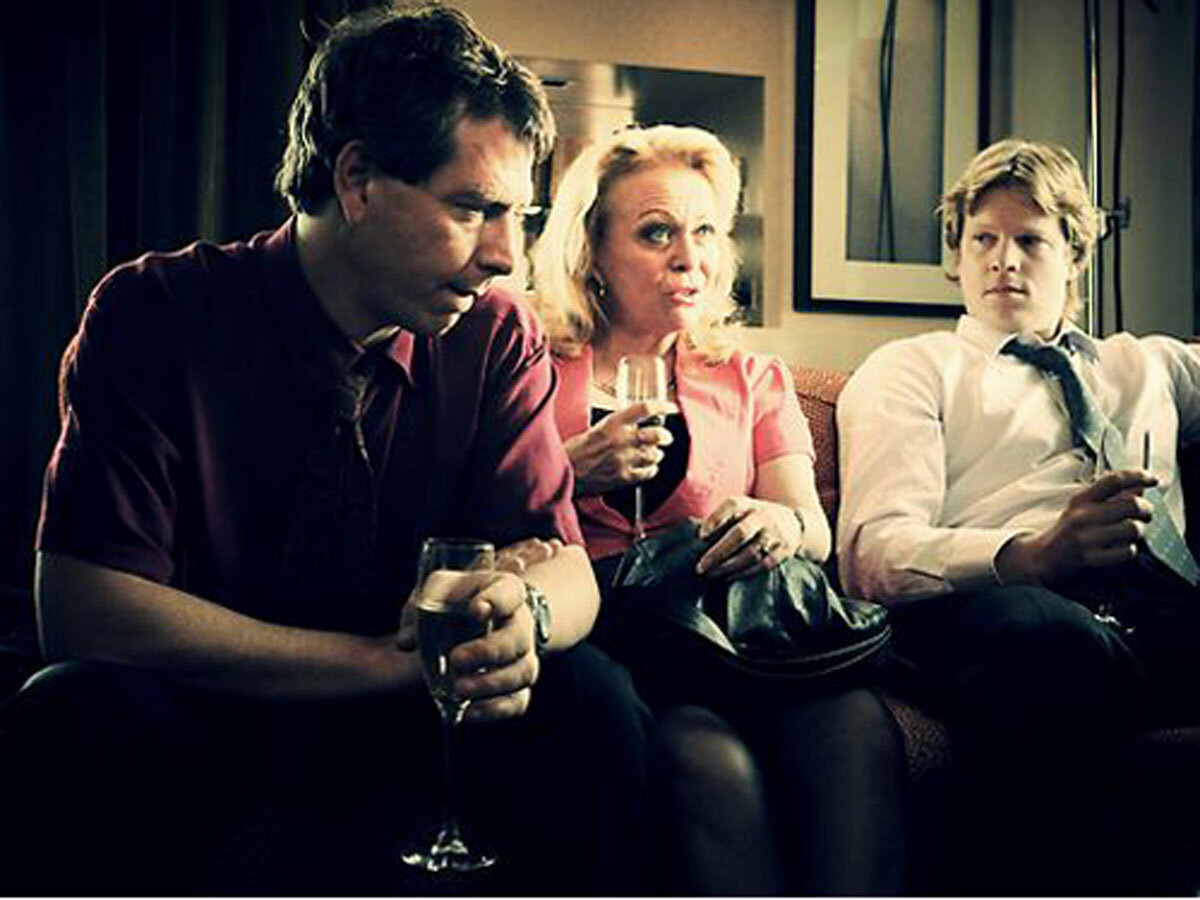
With the Quentin Tarantino seal of approval, Animal Kingdom’s a new crime classic packed with violence, mafia-style family conflict and double crossings. Jacki Weaver got an Oscar nod for her portrayal of Janine ‘Smurf’ Cody, the matriarch of this criminal brood – loosely based on the real life Pettingill family who ruled underworld Melbourne in the 80s.
Somersault (2004)
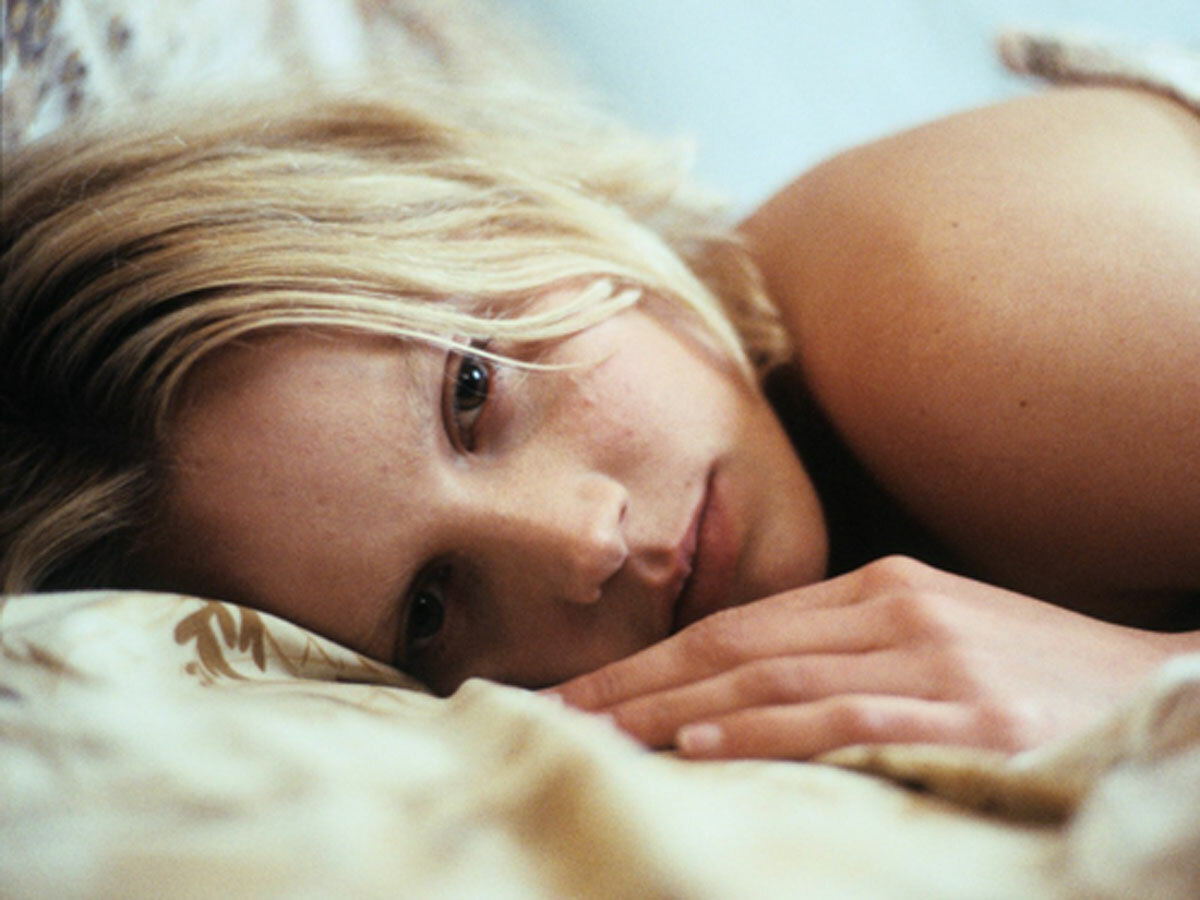
Angsty teenage romance comes to the snowy fields of Jindabyne, New South Wales in Somersault. Yes, they have snow in Australia. Moving on, this indie flick – directed by Cate Shortland – bowled critics over with fine, sexually charged performances from Abbie Cornish and Sam Worthington as 16 year old runaway Heidi and farmer boy Joe.
Walkabout (1971)
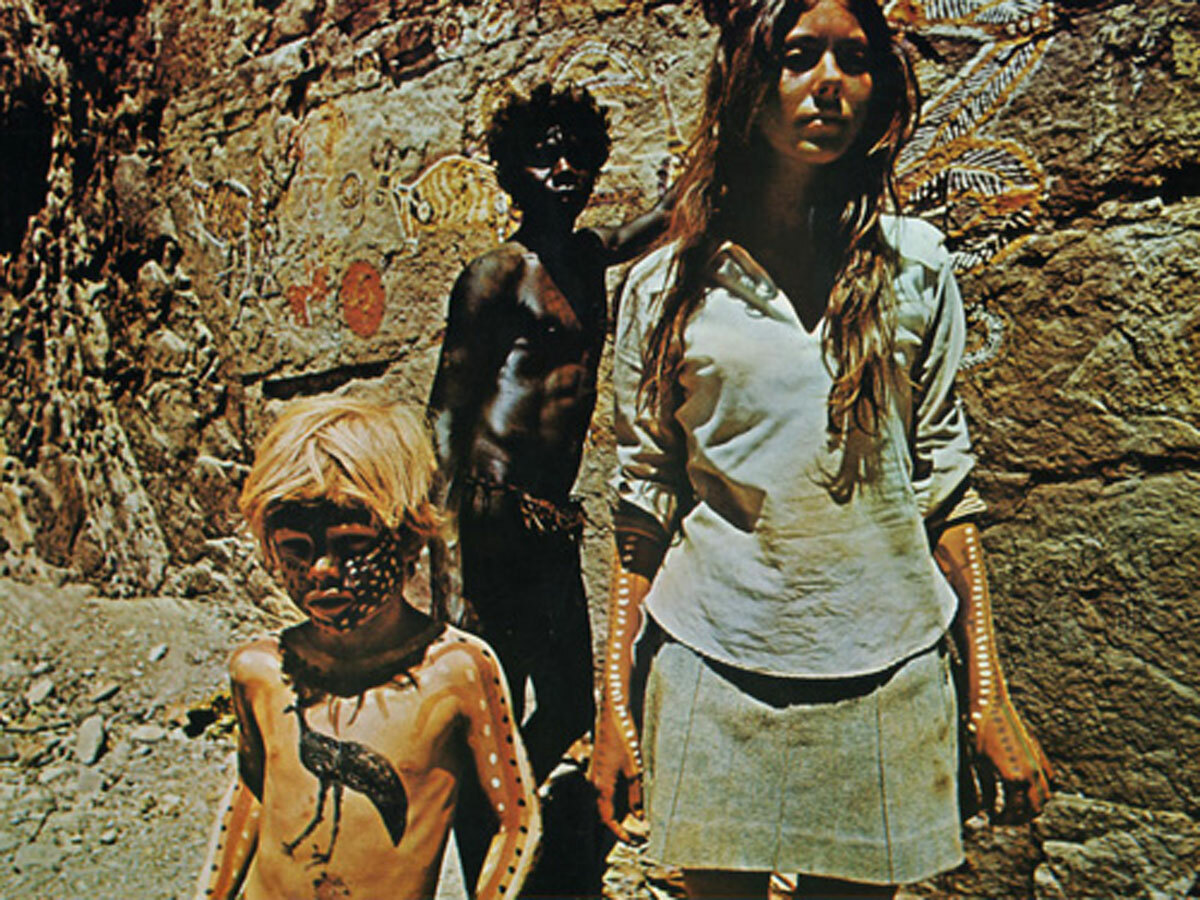
If your father ever tries to take you and sister on a picnic in the outback, say no. For one thing, it’s full of snakes. And for another, he might shoot himself, leaving you to fend for yourself with only the help of a passing Aboriginal boy. That’s the plot for Walkabout, a moving tale with a bleak message about human kindness and cultural mistranslation. And wombats, obviously.
There’s some debate about whether this is a full-fledged Australian film (given its British director and cast) but since it launched the career of Indigenous Australian actor David Gulpilil, we’ll give it a pass.
The Proposition (2005)
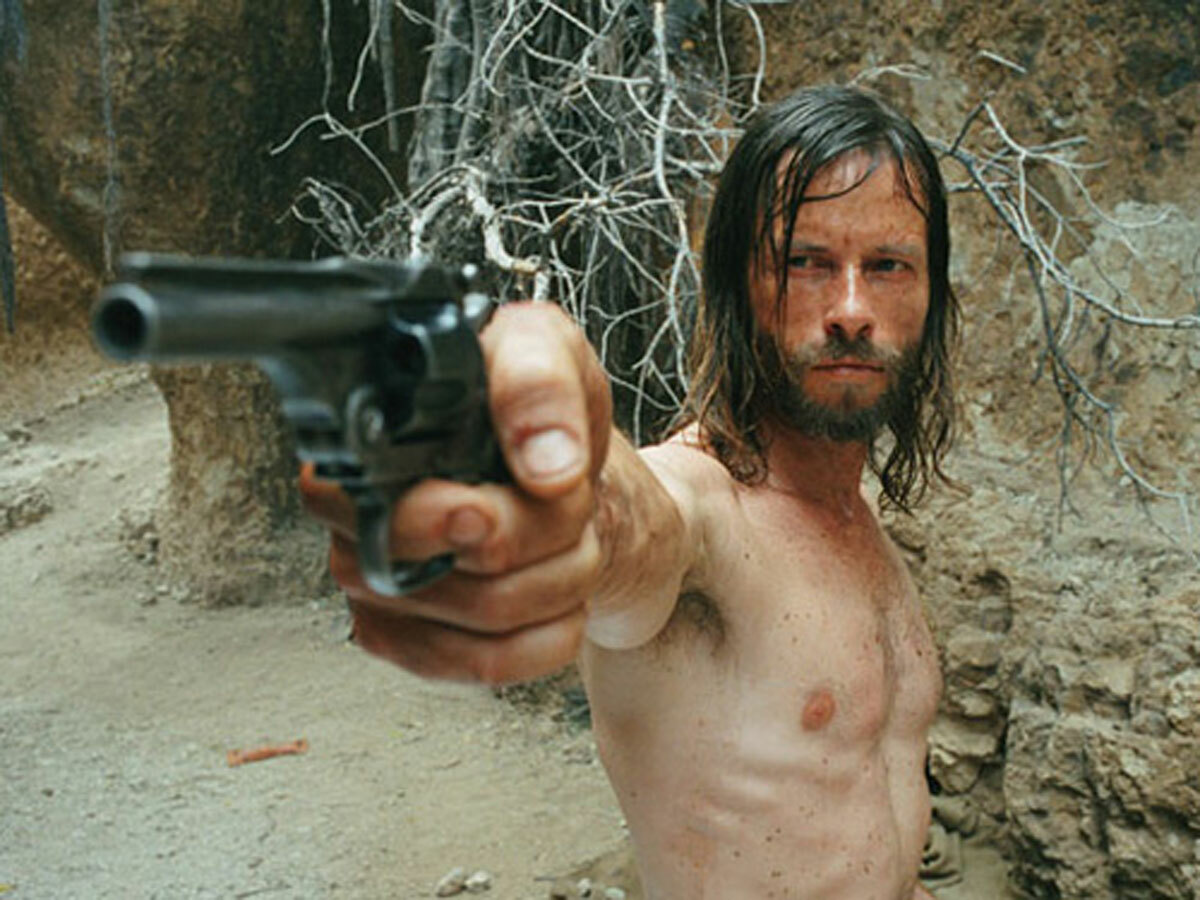
Infamous Australian musician Nick Cave scripted this Outback-set Western, directed by The Road helmet John Hillcoat. As you might expect from the pairing, it’s a particularly bleak affair, dealing with betrayal and impossible bargains as an outlaw (Guy Pearce) is tasked with killing one of his brothers in order to save the life of the other.
Picnic at Hanging Rock (1975)
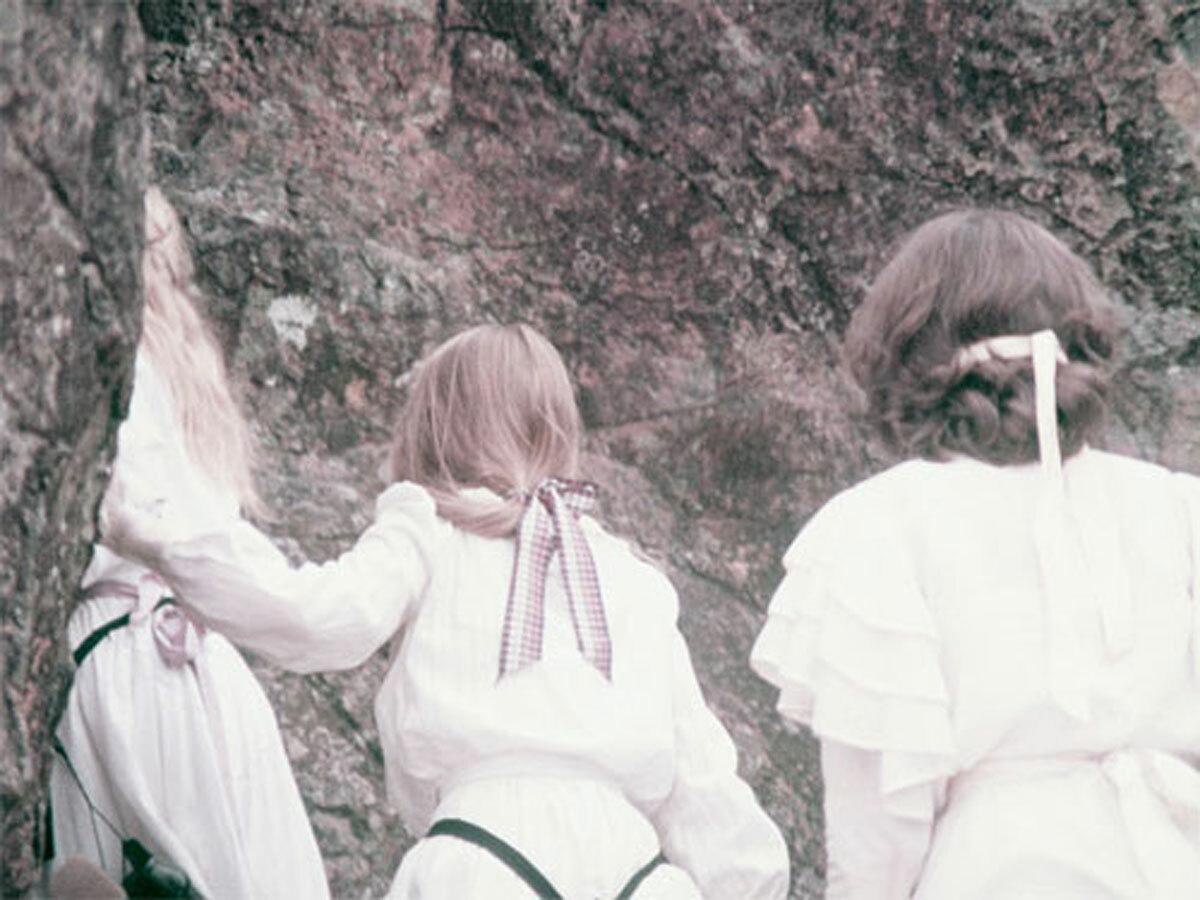
A haunting tale of a group of school girls who mysteriously disappear during a school picnic on Hanging Rock. Somewhat unusually, the mystery remains unsolved by the end of the flick. We wouldn’t be surprised if it was the work of a rogue croc. This is Australia – the country where all the wildlife has murderous intent – after all.
The Dish (2000)
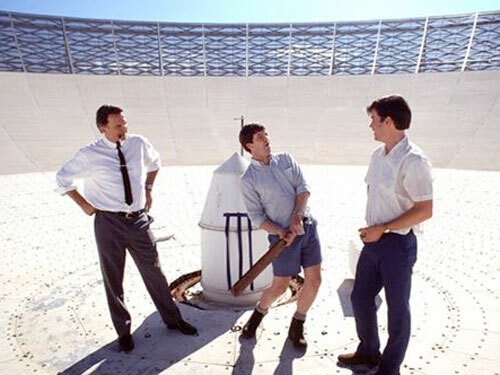
Australia’s top-grossing film in 2000, The Dish follows a trio of Aussie scientists and engineers as they struggle against high winds and power cuts to keep a 64-metre antenna dish pointed at the Moon, so that the rest of us can watch Neil Armstrong taking his first steps on our celestial neighbour.
It’s based on fact – the TV broadcast of the Moon landing really was routed through the Parkes Radio Telescope in New South Wales, though probably with less whimsical consequences in real life.
Snowtown (2011)
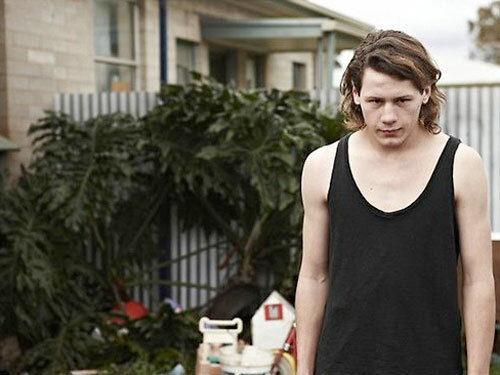
The critically acclaimed Snowtown sees the chilling events of the Snowtown murders (in which 11 people died) displayed on the silver screen. It’s a grim take on the father-son relationship as a troubled teenager falls in with the charismatic John Bunting – who committed a series of grisly murders.
Rather than depicting the serial killer as a monster or a suave villain, as Hollywood’s been guilty of doing all to often, Snowtown’s a demystified take on the murderer and his psychology.
Japanese Story (2003)
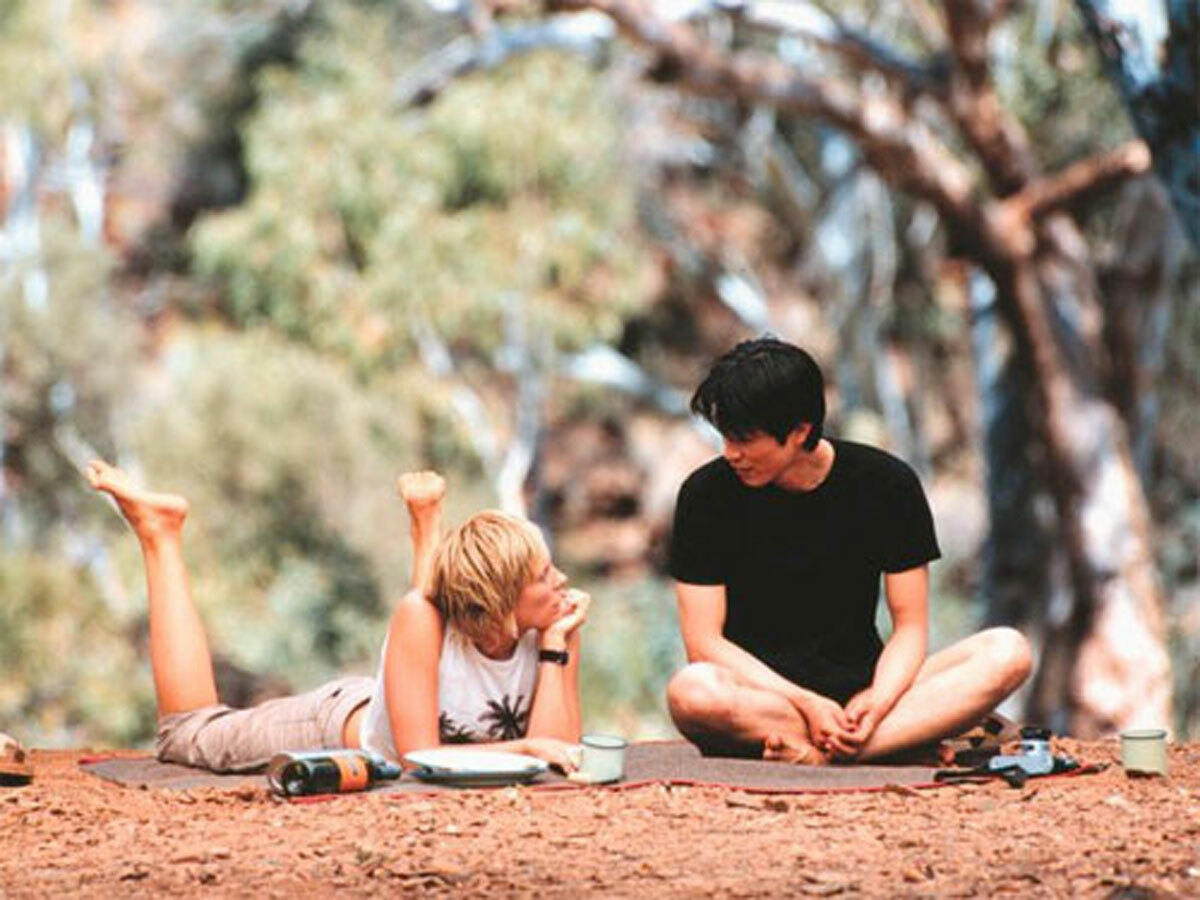
An unlikely bond between an Australian guide and a Japanese businessman is unexpectedly broken when – spoilers! – he accidentally kills himself by diving into shallow water during an innocent swim. Always look before you jump, kids. Safety first, after all.
Candy (2006)
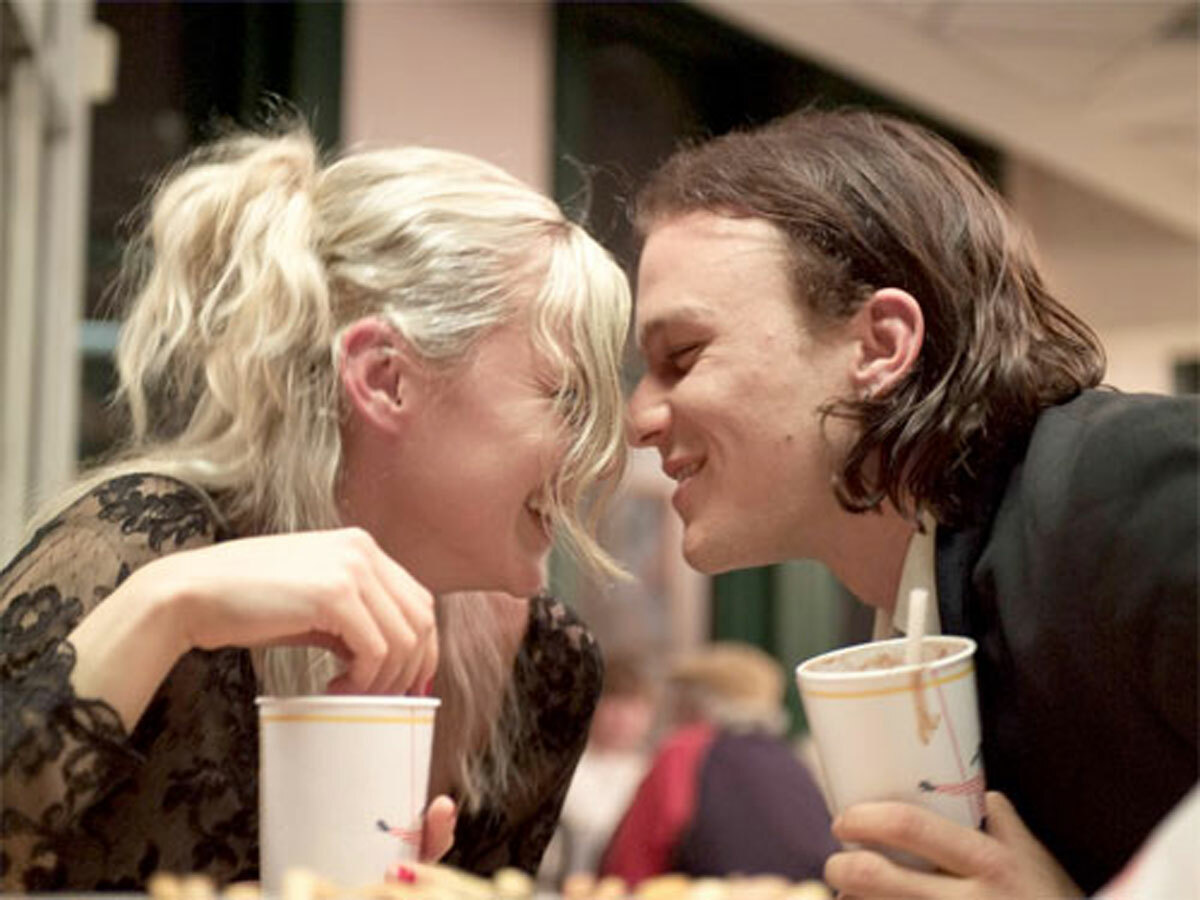
Heath Ledger plays a poet named Dan who falls in love with the colourfully-named Candy, who he lures in to his world of heroin addiction. Split into three acts of Heaven, Earth and Hell, the film is a striking projection of addiction, desperation and despair, based on author Luke Davies’ semi-autobiographical novel.
Love the Beast (2009)
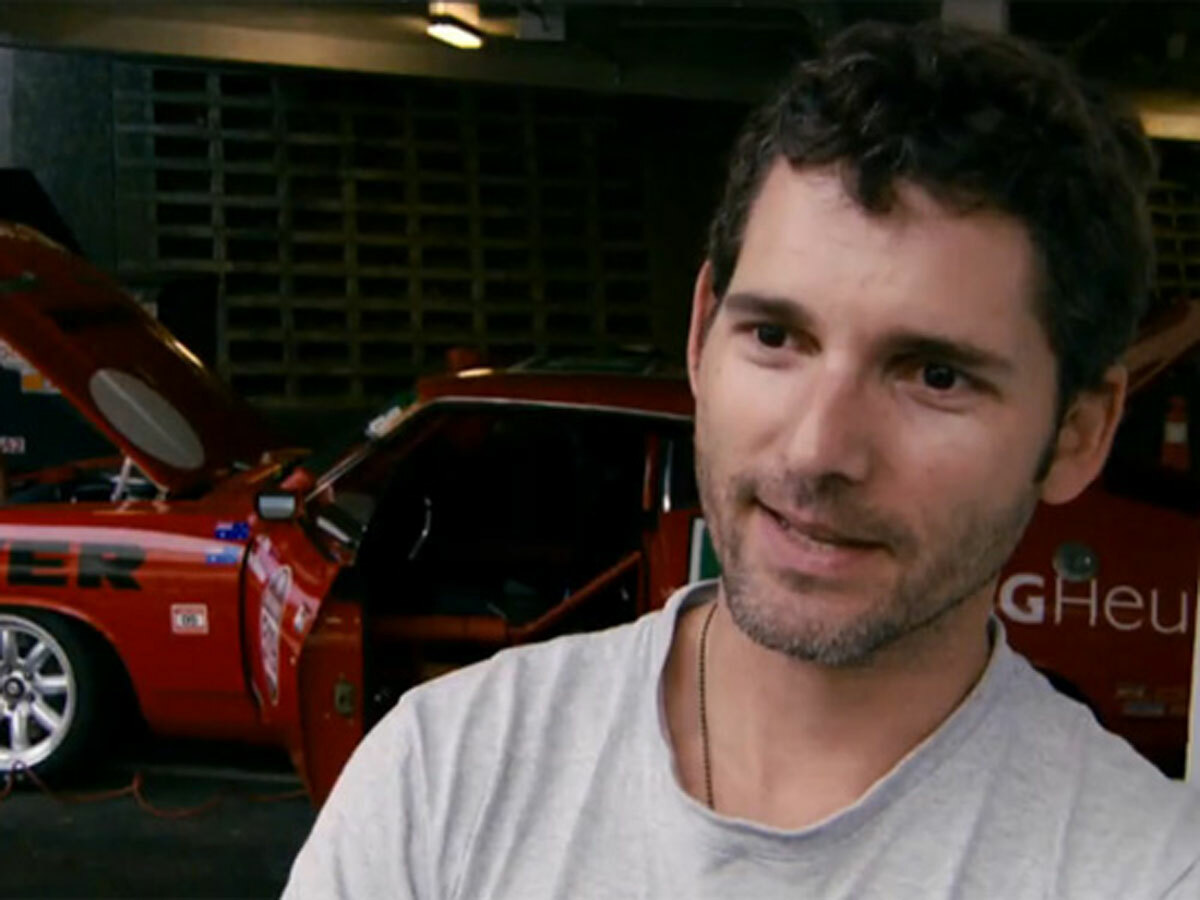
Surely the only film ever toplined by Eric Bana and Jeremy Clarkson, this documentary charts the history of “The Beast,” Bana’s 1974 Ford XB Falcon Hardtop, the first car he ever bought. Petrolheads Bana, Clarkson and Jay Leno mull over the emotional attachments formed between men and their cars, while The Beast is entered into the fearsome Targa Tasmania Rally.
Ned Kelly (2003)
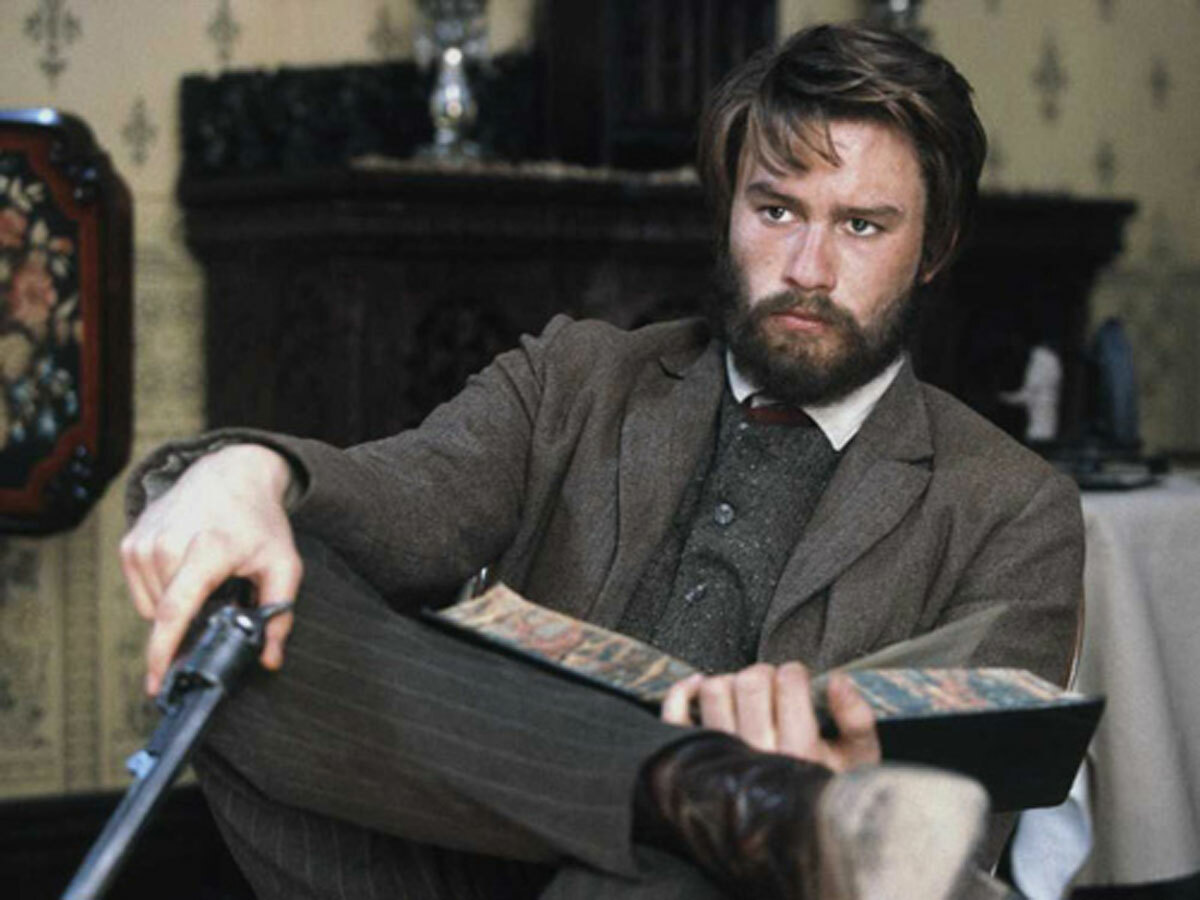
Heath Ledger plays the infamous Australian outlaw who donned a suit of armour for his showdown with the authorities. A solid Western that explores the life of an Australian legend from both sides of the law – and it’s better than other cinematic treatments of Australia’s national myth. Rather Heath Ledger than Mick Jagger – who played Kelly in a 1970 film – after all.
The Castle (1997)
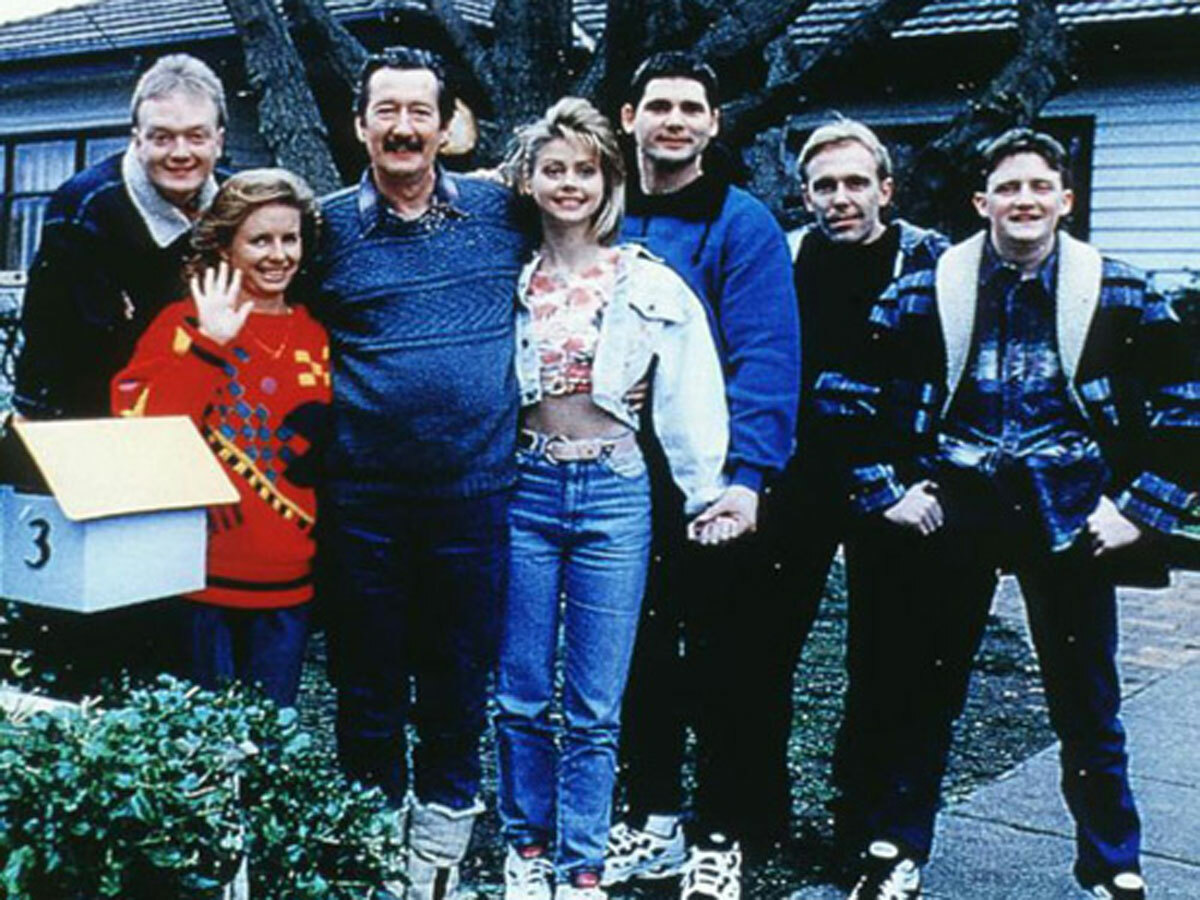
Little-known outside Australia (though it’s available on Netflix, so check it out), this micro-budget comedy – the film debut of Aussie export Eric Bana – follows the Kerrigan family as they try to keep their gaudily-bedecked family home from being bought up and demolished by the expanding Melbourne Airport.


